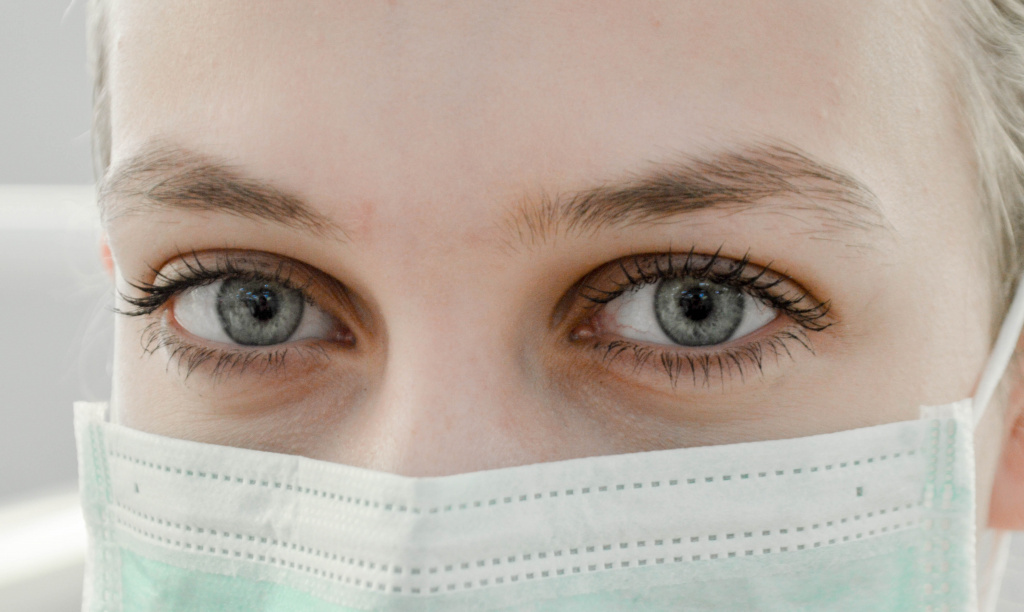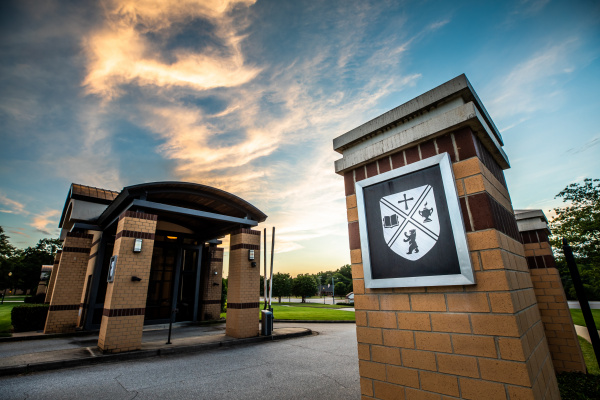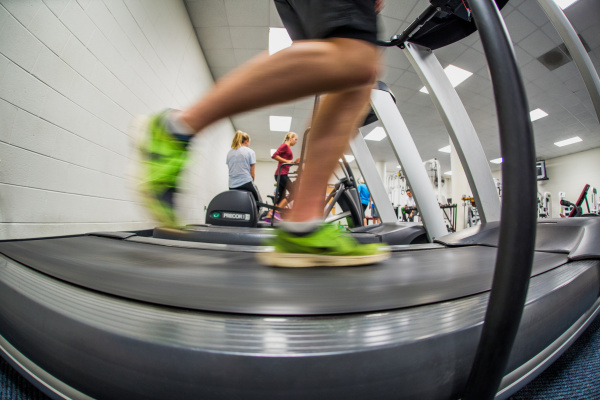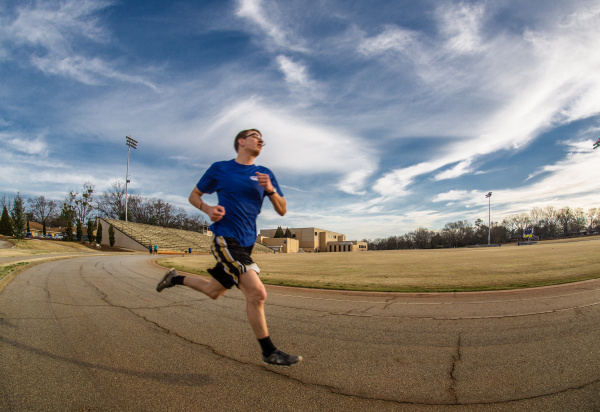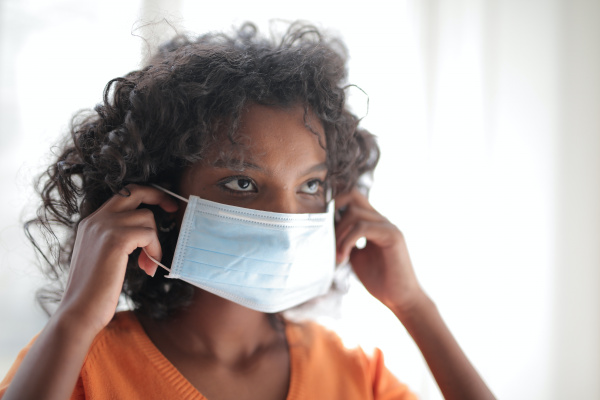The coronavirus has changed the world. We all grapple with understanding ever-changing regulations. Situations that sounded like worst-case scenarios are now the “new normal” that we constantly hear about. For most of us, this means learning new technology for work and school, finding innovative ways to stay in contact with those we love, and venturing out to buy groceries and the ever-elusive toilet paper. Many have lost jobs or seen them change dramatically. But few people have seen their work impacted as dramatically as health care workers.
The nursing profession is being changed by this outbreak, so we want to spotlight the great work being done by some of our own nursing graduates. When asked how COVID-19 is changing their jobs and lives, we received many thoughtful responses. Enjoy hearing this perspective of those on the front lines!
See Also: Caring on the Front Lines of COVID-19
A 1984 BJU grad, who is a nursing instructor commented, “Certainly changed mine by having to teach from home, develop clinical simulations from home, and teach a class via Zoom!” (We definitely understand that challenge!)
A 2006 BJU grad commented, “I’ve been reminded of the importance of compassion and how important the ‘little things’ are to people. I’ve been mainly working on a COVID med-surg unit. These patients are sick, scared, isolated, and so very lonely. Being told to cluster care, limit exposure, and conserve PPE (personal protective equipment) sounds entirely logical until you’re caring for an 80-year-old woman who hasn’t seen her family for 3 weeks and is begging you, tearfully, to ‘please stay and talk with me for just a few more minutes?’
“This disease is scary. Some of these people are incredibly sick. Caring for them is physically demanding and mentally exhausting. My heart breaks for their isolation even as my brain begs people to please, stay home! I am so thankful for the opportunity to care for and serve this population. It’s reminded me of the basics—of why I wanted to be a nurse in the first place.”
Another 2007 BJU nursing grad said, “It’s amazing what a crisis can do to cut through red tape. My physician leader and I have taken what would typically be a year-long project and turned it around and implemented it in a week and a half to get us up on telemedicine.
“Now we’re working on doing the same for virtual nursing set ups. We did a 2-room pilot last week for a few hours and plan to do a few larger full day pilots this week. Next up … focusing on finishing up work on our surge capacity disaster planning which I’m praying is a waste of time, and we’ll never have to use it! (Not something I normally say about my projects!)
“Think about how something so seemingly small (and literally small) had interrupted and invaded the lives of practically every person on earth. It’s a perfect example of chaos theory. Who could ever have predicted that a sick person in China would cause a church service in Iowa to be canceled?
“The world around us in chaos. Different people see it in different ways. My chaos is different than a surgery nurse’s chaos, is different than a critical care nurse’s chaos. Our chaos as nurses is different than the chaos of the elderly and different than the chaos of a young mom (although many have the two overlapping). But we are all experiencing what we see as chaos. But the truth of the matter is, chaos doesn’t really exist.
“We can look back and see the connection points, at least some of them. But think about how limited our understanding of those connections is. We didn’t predict the vast results of this crisis, and we can’t predict the continued results. Sure, we can try. We can make an educated guess, but we don’t know.
“The world looks at this and sees chaos, but we know the reality. This was all foreordained from the foundation of the world by an Almighty God who is accomplishing His purpose in ways we can’t even imagine. The connections we do see can point us to have faith in the God that makes the connections we can’t see. When the chaos threatens to overtake us, we can rest in Jesus’s promise, ‘My peace I give to you. Not as the world gives do I give it to you.’”
A 2016 BJU nursing grad commented, “I work in the NICU. Right now it’s limited to one parent, once a day. It’s hard because how do you pick which parent visits? Soon, it will be only one parent period, and then next step would be no parents allowed. They have to wear a mask, gloves, and gown. No more skin to skin contact. I worry about the babies missing out on key developmental stages due to missing the element of certain human interactions such as facial expressions and skin to skin contact. Babies are learning our faces in masks and getting little holding time.”
A 2009 BJU nursing grad said, “As an outpatient pediatric nurse practitioner, I’ve been amazed at how quickly the collaboration has come together between all divisions of medicine. From providers to nursing staff to my RT (respiratory therapy) friends and more! I’ve loved seeing the increased respect across all lines.
“I’ve been shocked by the ripple effect: kids staying home and not getting sick has cut our numbers down by over 30%! More than ever, the importance of washing hands and using the techniques we learned as little new nursing students has become the bread and butter of our existence in the medical field!!!”
A 2005 BJU nursing grad said, “This has hit everyone’s nursing careers pretty dramatically, whether aggressively putting them on the front lines of patient care or benching them from patient care because of major cuts in so many healthcare disciplines. As a CRNA, I never thought I would see the day when anesthesia wasn’t needed in the OR, while at the same time, anesthesia providers have been called to be a part of the emergency response teams and taking on new roles alongside of critical care teams.
“It’s been a weird, crazy shift, but I’m amazed how this crisis has created so many opportunities for nurses to shift and rise to leadership and ingenuity in ways that are honorable and making a difference. I’m always humbled to see how God can use us as we are stretched in our field professionally, while expanding our opportunities to love patients and fellow coworkers that much better even in a major crisis that no amount of nursing training or experience could ever prepare us for.
“Keep going, y’all. God is doing something. He’s our peace, even when there’s so much chaos and uncertainty around us. ❤️ I do feel like I can still see one of the nursing instructors standing with a white lab coat and a clipboard checking me off while I’m washing my hands…using that paper towel to turn off the water!”
A 2011 BJU nursing grad commented, “I work in home health. It has been extremely difficult to obtain PPE because most things like N95s (masks) are on allocation, and it’s not something we typically use in home care.
“I’m one of the managers at my agency, and one of the difficult things is trying to manage everyone’s fear…patients and staff alike. I never thought I’d be in a position where I’d be helping to create protocols and trying to limit how much PPE is being given out because we don’t know where our next shipment will come from.
“We have also had to bench a lot of our staff in an attempt to reduce traffic through patients’ homes. Most of our patients are home bound, so we do not want to be the ones transmitting anything to them. It has definitely been the longest month of my nursing career.”
A 1995 BJU nursing grad commented, “I’m an ICU RN, and our hospital is presently moving all patients to a different floor when they test negative. Our hospital engineers are working to redesign and next week implement negative pressure rooms in all of ICU and PCU.
“Besides nursing, I’ve been called upon to do housekeeping, nutrition duties, and chaplain work. I’m keeping my focus on Christ and doing my best to try to bring my coworkers and patients a calm cheerful spirit. I feel like I’m more than ever being given a chance to live out our nursing class verse. (Romans 15:1) ‘We then that are strong ought to bear the infirmities of the weak, and not to please ourselves.’
“On a personal level, I’m constantly praying I don’t bring this virus home to my family or fall to it myself. I’m my children’s only living parent, and I hope God allows me more time on earth with them.
“As far as my nursing practice in the future, I’m constantly educating my patients and their families. I’m really hoping the public will listen and start to understand about infection control practices, and isolation.”
Although we are spotlighting our beloved nursing grads, we have many alumni working across many different professions in health care. Please know we are rooting for you and we are praying for you. You make us proud!


